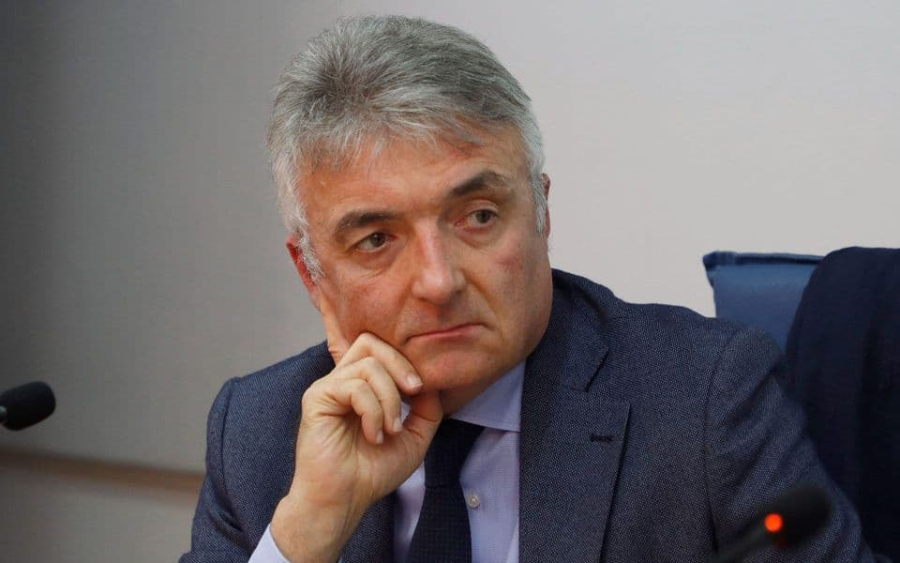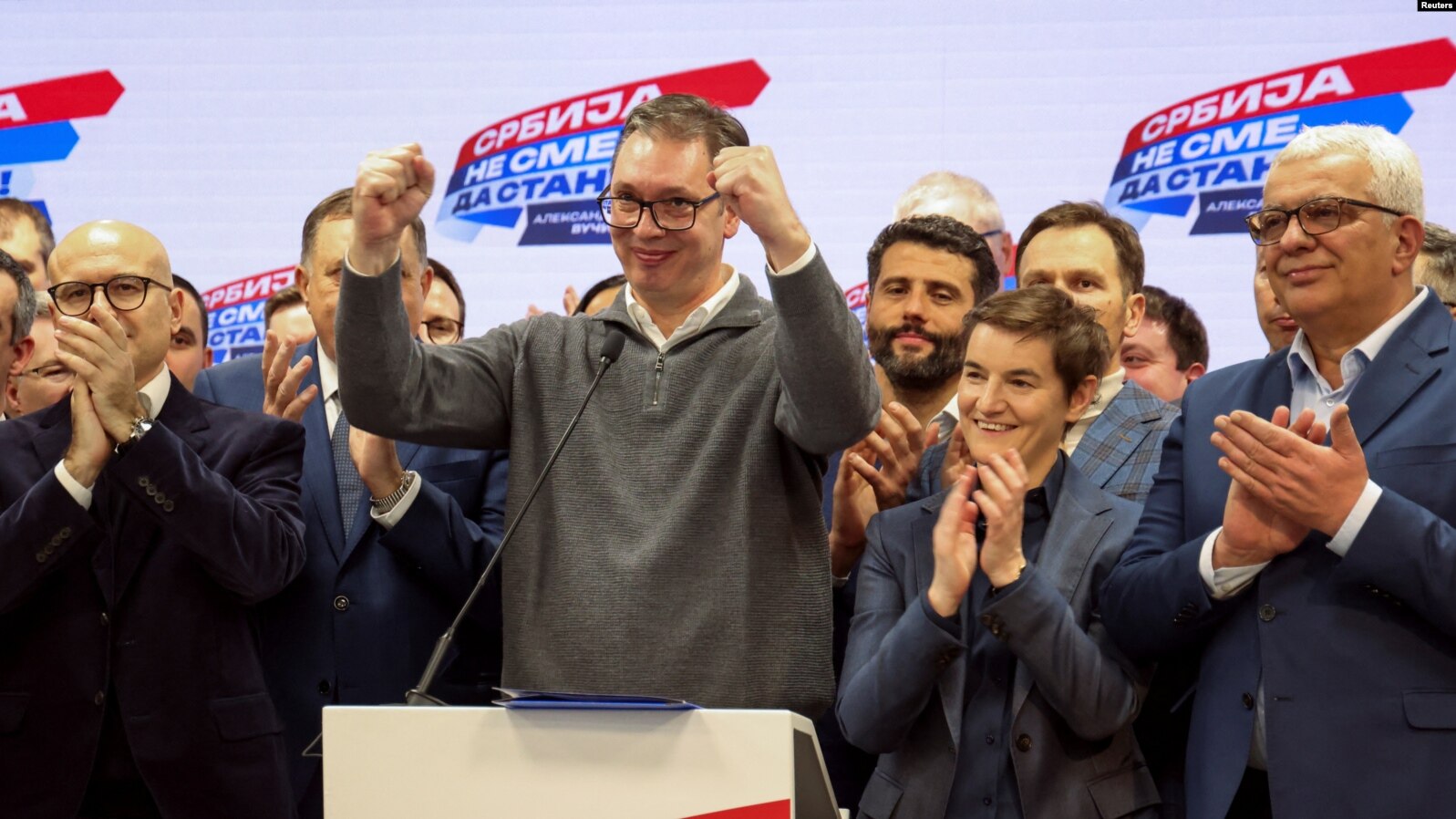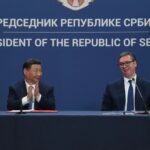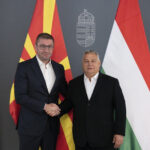The election of the new Serbian government has already been evaluated by many as an indication of the (bad) continuity of official Belgrade policy.
Things are, in fact, even worse: two new/old ministers are on the State Department’s blacklist, and among their colleagues are all party soldiers themselves, with rigid national-chauvinist views on Serbia’s problems and its relationship with the neighbors and the world. President Vučić thus further homogenized his total power.
“Novelty” in the position of prime minister is not really that. Mr. Vučević is just Vučić’s extension, the spokesman and executor of what the President of Serbia thinks should be said and done.
This was also shown during the inaugural speech of the new prime minister in the Serbian Parliament, but even more explicitly in Vučević’s discussion with opposition MPs.
Montenegro as a topic has always been an infallible litmus test of the real political orientation and democratic capacities of Serbian politicians – whichever side they come from and whichever political option they belong to.
There is no change on that front: the new Serbian government treads a long-trodden path: for that political ideology, Montenegro is only a temporarily separated territory, an outlet to the sea that, due to unfortunate historical circumstances, was “lost” to the Serbian countries, including the “non-existent state” of Kosovo .
There is no one from official Podgorica to respond to such statements and the attitude of official Belgrade. Many would say that this state of affairs has been going on since the Montenegrin elections in August 2020, but elements of unpreparedness, inertia and awe towards the aggressive national-chauvinist politics of Serbia can also be detected in the period preceding that political “coup”.
There is no one from the Montenegrin government to write off Serbia. On the contrary – congratulations followed – to which a prompt, warning-threatening reply arrived from Belgrade: Montenegro “needs to prove in action that it is a sincere friend of Serbia”. Words of affection and expressed (even submissive) closeness are not enough!
In the given context, this means, above all else, the need to change Montenegro’s attitude towards the status of Kosovo, but also a fundamentally different attitude towards the issue of the genocide in Srebrenica, that is, the UN Resolution on it.
For the first, the current majority will need more time and effort, as well as a significantly different regional and global constellation. The victory of Trump in the USA would, among many other things, open the door for that maneuver, which could be based on the expected change in the 44th government of Montenegro – which is announced at the end of the summer. The entry of Russian-Serbian political forces into Prime Minister Spajić’s cabinet has been planned for a long time.
For the second – the UN Resolution on the genocide in Srebrenica – the results of pressure from Serbia are already clearly visible.
Montenegro will not be a co-sponsor of that document, the only one among the countries of the former Yugoslavia that are now members of the UN. In addition, the Montenegrin government, in a sudden “maneuver”, whose motives and principals are relatively easy to identify, showed that it can be an effective “proxy” of Serbian interests: it made two “amendments” to the final draft of the UN Resolution.
One protects the interests of Serbia, the other relates to preserving the position of Republika Srpska within Bosnia and Herzegovina. Milojko Spajić and his “Europe Now” Movement are interested in “buying” the favor of Serbia. But that political tactic will not be enough. This was also demonstrated by the new Minister of Foreign Affairs of Serbia, Marko Đurić. He just brutally rejected the political significance of those two amendments …
The story about this is still going on – Spajić announced that Montenegro will stand by the amendments – despite the embarrassment that happened in the meantime due to the false announcement by the Montenegrin government that the USA was involved in “mediation” on the matter – and that, finally, in the vote in the General to the UN Assembly Montenegro will vote – “yes”.
This only caused new angry and furious reactions from pro-Serbian and pro-Russian circles in Montenegro, all of which are under Serbian and/or Russian command: the Church of Serbia should demand that all those who support the Resolution be – excommunicated from the church!
And, while Milojko Spajić, in a tragic-comic manner, makes statements that “the Serbian people are not genocidal” (as if anyone has ever claimed that!), it shows that in the foreseeable future, no changes should be expected in the relations between Serbia and Montenegro.
First, Serbia’s dominance is omnipresent: political, media/propaganda, security. Montenegro has neither the capacity, nor the instruments, nor the will to resist. The return to the early nineties is visible even with the naked eye: Montenegro is (again!) a voluntary hostage of Serbia.
Secondly, the situation tends to further degradation of Montenegrin’s position in that duo. The penetration of Serbian interests has affected all segments of society, as well as state structures. The next victim is Montenegrin diplomacy. It had been numb and inert before. Now, it adapts its moves – even on the global stage – to the demands and expectations of Belgrade.
Third, and final: it is difficult to expect that things can return to normal with this generation of ruling Montenegrin politicians. They have neither the desire nor the capacity for emancipation from Serbia. Quite the opposite: they are there to continue the process of meaningless and empty Montenegrin sovereignty and state independence. That cocoon on the outside can hold the contours of the state. But, there will be no content.
You need two to tango, the old saying goes.
Today, Serbia dances tango with Montenegro like a dancer who does it with himself – and his partner is a doll whose movements he determines himself.
The articles published in the “Opinions” column reflect the personal opinion of the author and may not coincide with the position of the Center
Miodrag Vlahović. Montenegrin politician and former diplomat. The first Minister of Foreign Affairs of Montenegro. Former Montenegro’s Ambassador to the USA, Canada, Iceland, Holy See, Order of Malta.




